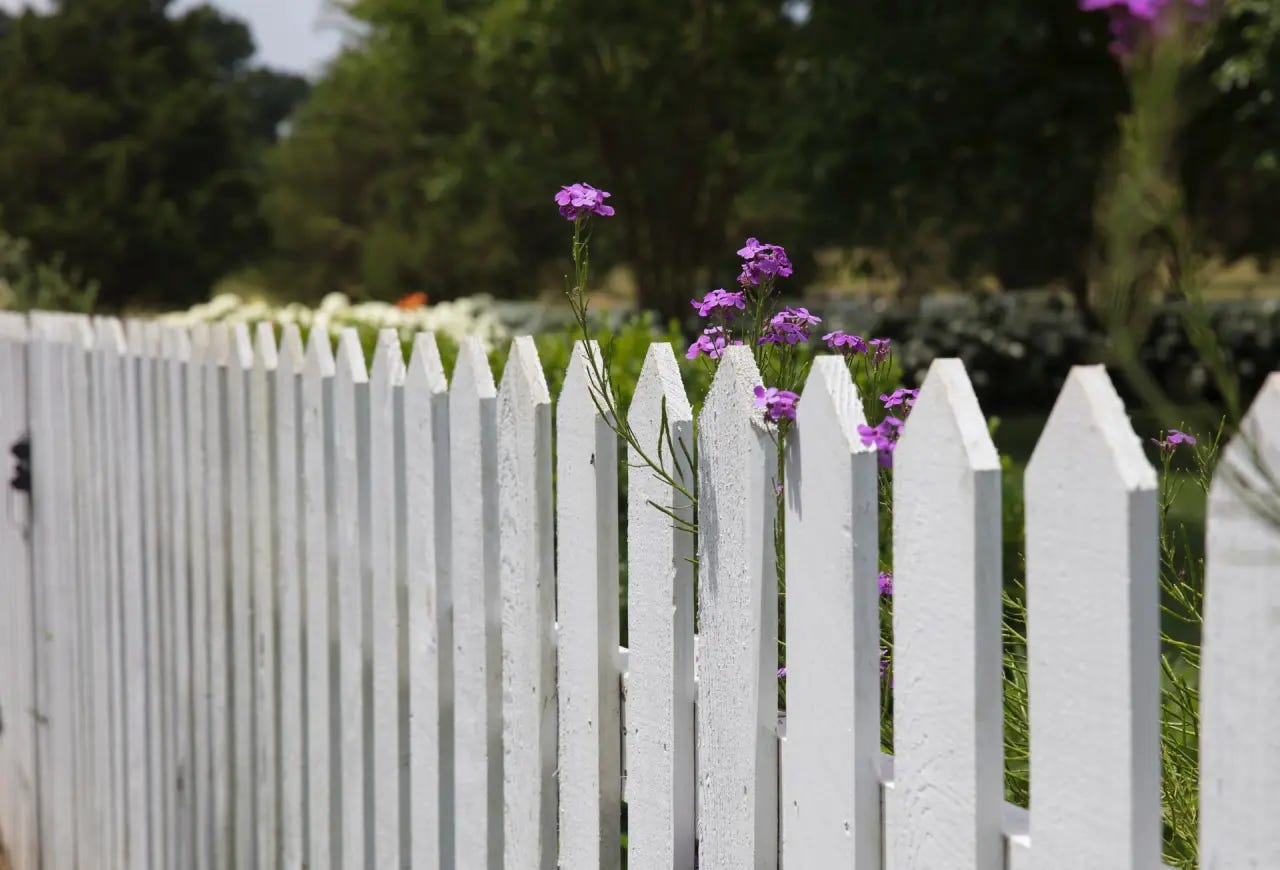Episode 85: Talking Across the Fence — a Conversation with Jeralee Renshaw
Sometimes it can be hard to talk with other Latter-day Saints about church things on which we don’t agree, even if we have an otherwise close relationship. Is it possible to understand a person whose experiences have been very different from our own? Jeralee Renshaw joins Cynthia and Susan to discuss practical approaches for handling tricky topics in ways that can create space for a diversity of ideas and experiences.
Notes & Quotes:
Atlas of the Heart: Mapping Meaningful Connection and the Language of Human Experience, by Brene Brown
3 Practices | for Crossing the Difference Divide
3 Practices for Crossing the Difference Divide, by Jim Henderson & Jim Hancock
Bridges: Ministering to Those Who Question, by David B. Ostler
Stuff That Needs to be Said | Blog by John Pavlovitz
Possible Conversational Helps for Talking Across the Fence:
1) “But can there be room for how I experience my faith?”
2) “I understand that this wouldn’t be right for you, but this is what is right for me.”
3) “In my lived experience . . .” — or — “The way I have experienced this is . . .”
4) “I read this great article that made me think . . .”
5) “We don’t all have to agree, but I hope there is room for all to weigh in/have their voices heard.”
6) “I’d be curious to know. . .”
7) Start with, “In my honest (or humble) opinion,” and end with, “But I could be wrong.”
“Our yearning for belonging is so hardwired that we often try to acquire it by any means possible, including trying to fit in and hustling for approval and acceptance. Not only are these efforts hollow substitutes for belonging, but they are the greatest barriers to belonging. […] If people don’t really know who we are and what we believe or think, there’s no true belonging. Because we can feel belonging only if we have the courage to share our most authentic selves with people, our sense of belonging can never be greater than our level of self-acceptance. […] Belonging is a practice that requires us to be vulnerable, get uncomfortable, and learn how to be present with people without sacrificing who we are.” —Brene Brown, Atlas of the Heart
“Being heard is so close to being loved, that for the average person, they are almost indistinguishable.” —David W. Augsburger
“Here’s the deal. The human soul doesn’t want to be advised or fixed or saved. It simply wants to be witnessed—to be seen, heard and companioned exactly as it is. When we make that kind of deep bow to the soul of a suffering person, our respect reinforces the soul’s healing resources, the only resources that can help the sufferer make it through.” —Parker J. Palmer
“My work is best, I think, when I talk as a person who’s not an authority on anything but his own experience.” —Wendell Berry
“In dealing with other exasperating saints lies salvation.” —Eugene England
“I want you to be sure that you understand how I feel about diversity. I love differences. They make us interesting and challenging and delightful. What they don’t make us is good or bad, and I think we forget that sometimes. And whenever we do, then any difference, no matter how small, can become an object for judgment and condemnation.” —Chieko Okazaki
“It’s good to remember that not all people believe what you believe. Not everyone thinks the way you think, looks the way you look, worships the way you worship, loves the way you love.
“How you respond to these differences is one of the loudest testimonies you will ever give.
In fact, every person you will ever encounter has arrived at their beliefs and their choices in the same way that you have. Everyone is a product of their own story.
“As deeply as you hold your convictions, they hold theirs. They’ve done all the seeking and questioning and living that you have, and so they may have something that you can learn from. Respect the stories of others that may differ from your own.” —John Pavlovitz



